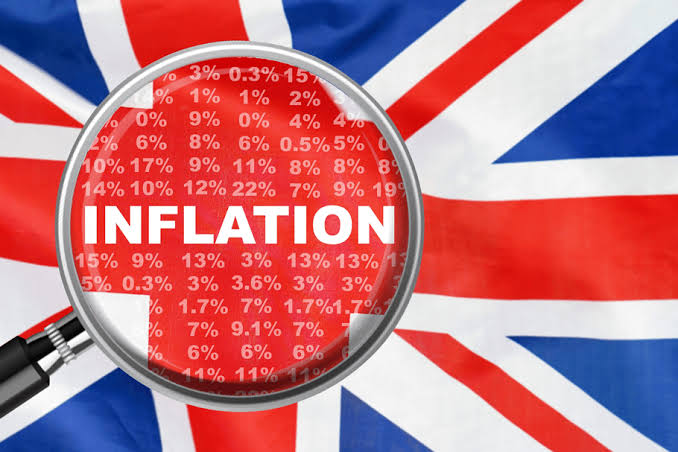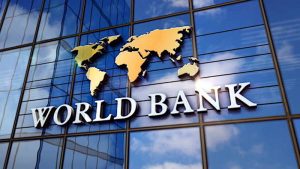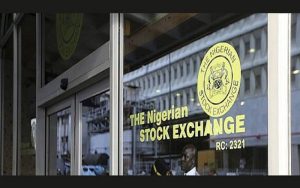
The latest UK inflation data shows a significant increase, rising to 2.6% in November from 2.3% in October, marking the highest level in eight months. This increase, attributed to rising petrol prices, grocery costs, and a hike in tobacco duty, has sparked calls for the Bank of England to hold interest rates steady at 4.75% in its upcoming meeting.
The Office for National Statistics (ONS) confirmed that inflation exceeded the Bank’s 2% target for the second consecutive month. While the average price of petrol rose by 0.8p per litre and diesel by 1.4p per litre, airfares provided some relief by falling 19.3%—the sharpest drop in November since records began.
Economists expect the Bank of England to maintain its cautious stance, as wage growth also accelerated to 5.2% in October, adding pressure to control inflation. Thomas Pugh of RSM UK stated, “Rising inflation will make the monetary policy committee nervous. While they won’t want to stagnate the economy, the priority remains bearing down on inflation.”
Despite this, the UK economy shows signs of fragility. GDP fell unexpectedly by 0.1% in October, and employment levels are declining at rates last seen during the 2009 financial crisis. Trades Union Congress leader Paul Nowak emphasized the need for an interest rate cut, citing ongoing challenges for families and businesses.
Core inflation, which excludes energy, food, and alcohol, also rose from 3.3% to 3.5%. Meanwhile, Andrew Bailey, the Bank’s governor, pointed to the recent increase in employer national insurance contributions as a key challenge for businesses, potentially exacerbating cost pressures and inflation.
Chancellor Rachel Reeves, defending her measures, stated, “I am fighting to put more money in the pockets of working people. That’s why at the budget, we protected payslips with no rise in national insurance, income tax, or VAT, boosted the national living wage, and froze fuel duty.”
However, business leaders warned that higher employer contributions could lead to increased prices and job cuts. Sanjay Raja of Deutsche Bank commented, “The MPC is some way away from declaring victory on inflation.”
While interest rates remain a focal point, financial markets predict further cuts in borrowing costs, potentially lowering rates to 4% by the end of 2025, as the Bank continues to balance inflation control with economic stability.








